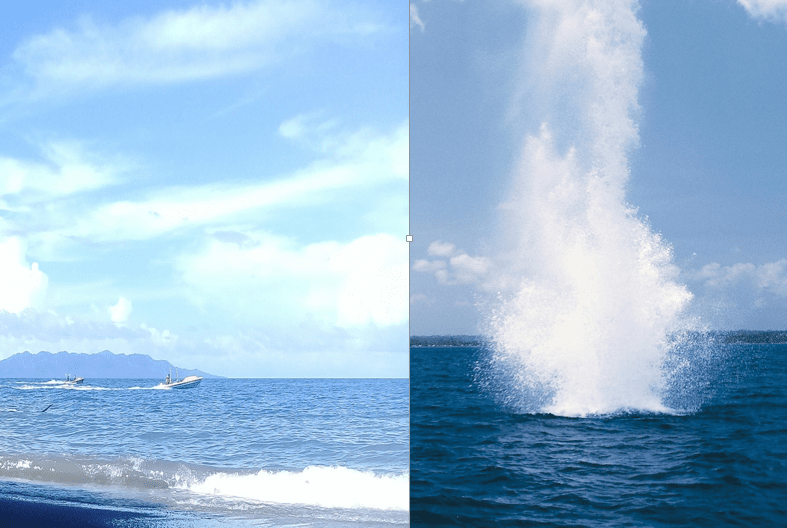BY JOHN CHRISMA
UNIDENTIFIED fishermen sighted on outboard motors are continuing with the use of improvised dynamite explosives to kill schools of fish for easy harvesting along the coastal waters of North-West Guadalcanal, according to a rural fisherman from Aruligho, George Lepo.
George said he witnessed dynamite fishing reoccurring along with the coastal areas of Mamara, Doma, and Aruligho in the North West Guadalcanal.
“The reported dynamite fishing along the North-West Guadalcanal coastal areas have been reoccurring over the past three years and until now at unprecedented rates; it’s pretty obvious it’s on the rise again.
“This often illegal practice is extremely destructive to our surrounding marine ecosystem and potential tourist diving sites in this region of Guadalcanal,” said George Lepo.
Dynamite fishing, as it’s called, not only destroys large numbers of fish directly—but indirectly as well by killing coral and the rich array of marine animals that depend on it. The frequently improvised nature of the explosives used means danger for the fishermen as well, with accidents and injuries, it’s also dangerous, its eruptive blasts can shatter limbs, even kill people.
Dynamite fishing in the Solomon Islands dates back to the 1990s. Cheaper and vastly more productive than traditional methods, such as spear, net and hook, and line.
Under the Fisheries Management Act 2015, No dynamite fishing, no using of underwater apparatus, the penalty of committing such Act is SBD 3,000,000 fine.
He said that during earlier weeks of this year, January 2021, rural fishermen have spotted two fiberglass boats along the Doma coastline practicing dynamite fishing, however, the unidentified fishermen escaped when we yelled and tried to contact the police.
“The unidentified fishermen often applied their illegal dynamite fishing activities in the early morning hours of dawn between 5 am and 6 am when everybody is still in bed so that they could escape early and more quickly,” George told Environment Media.
Environment Media understands that the explosions happened in the early hours of dawn, suggesting little evidence of concern for the risk of detection by the authorities or police.
Beyond the environmental damage, blast fishing threatens the livelihood of genuine fishermen, who’ve blamed dynamite for recent declines in their catch.
Lepo explained that dynamite fishing has destroyed their popular fishing spots and has now forced them in search of new fishing sites or to go beyond the reefs for deep-sea fishing.
“Rural fishermen who practiced spear, net, hook and line fishing are finding it extremely hard to catch fish due to the overall impact of dynamite fishing on our coral reefs in the region has been devastating.”
Some of these corals have been growing for many years and when it is damaged, it can take decades for them to recover, and sometimes not at all.
He called to the responsible authorities like the police to regularly patrol these coastlines and apprehend people involved in dynamite fishing in North West Guadalcanal.




